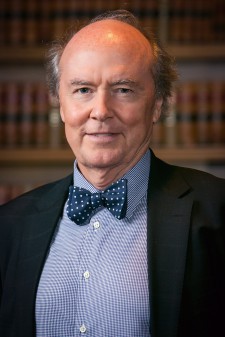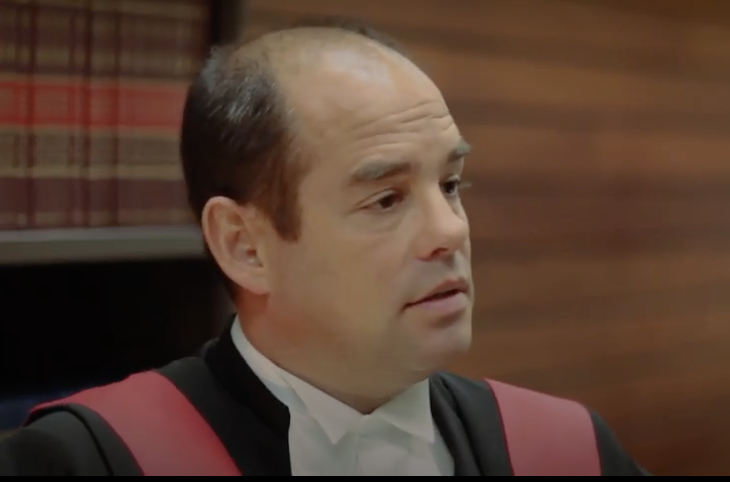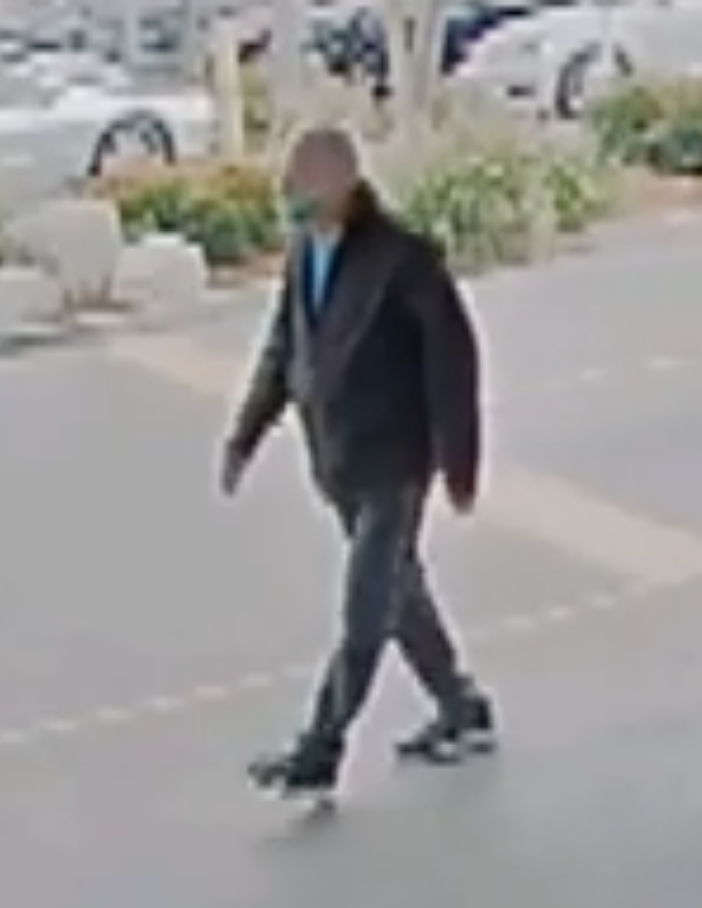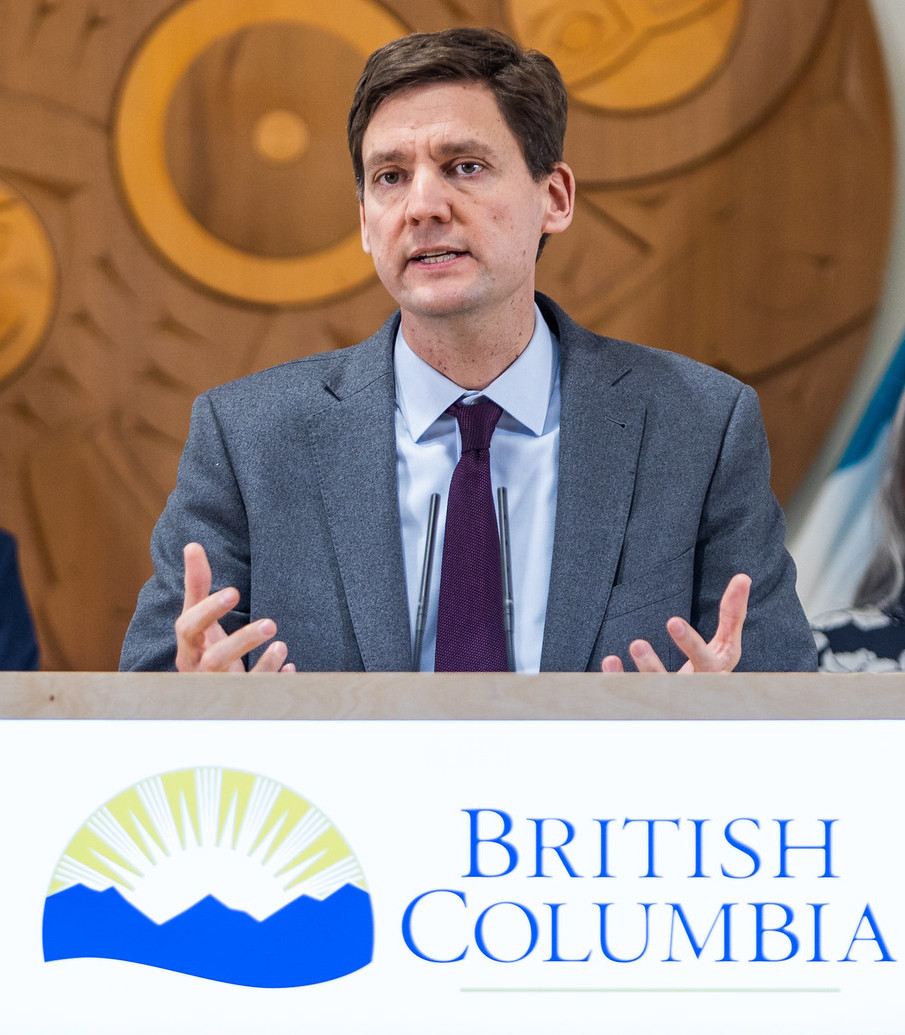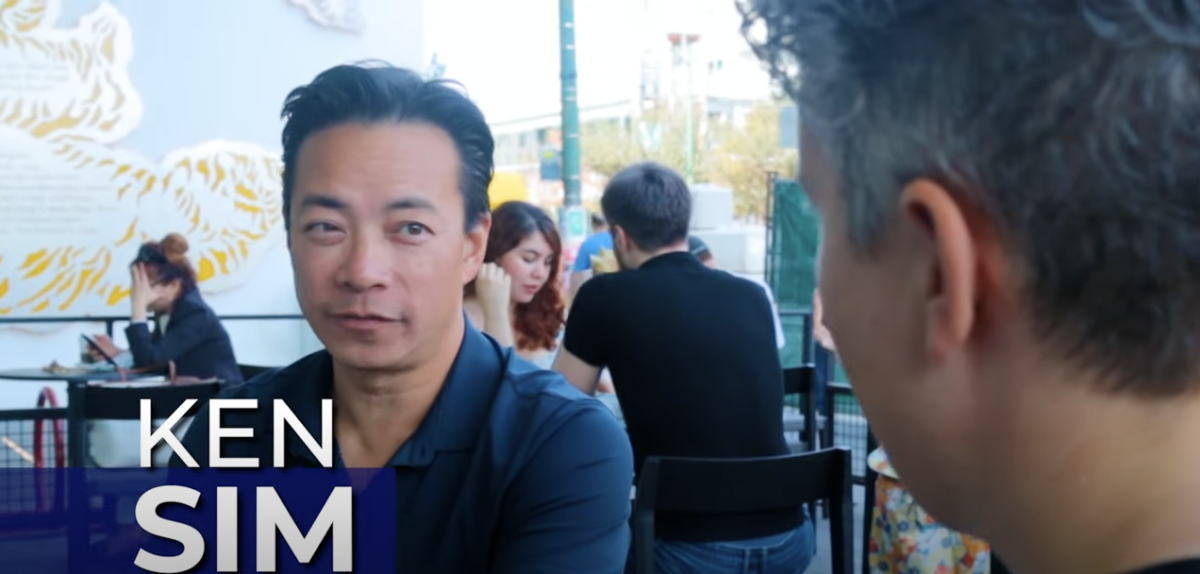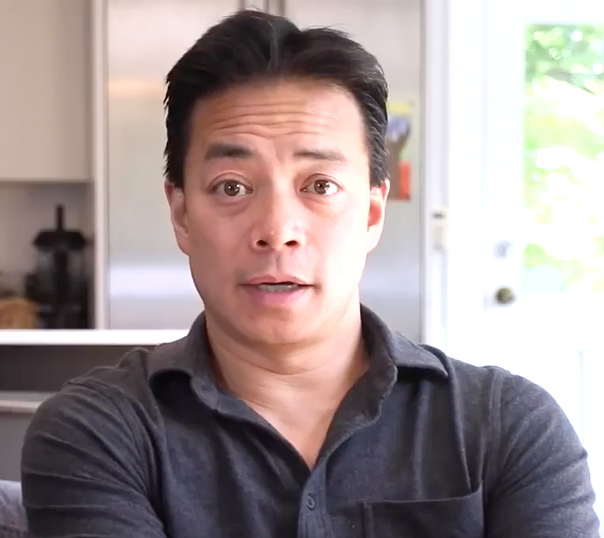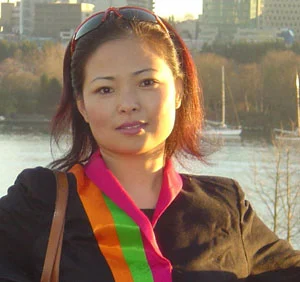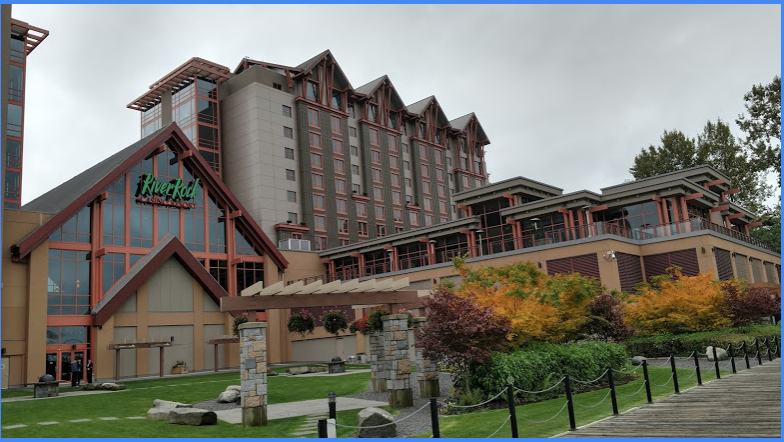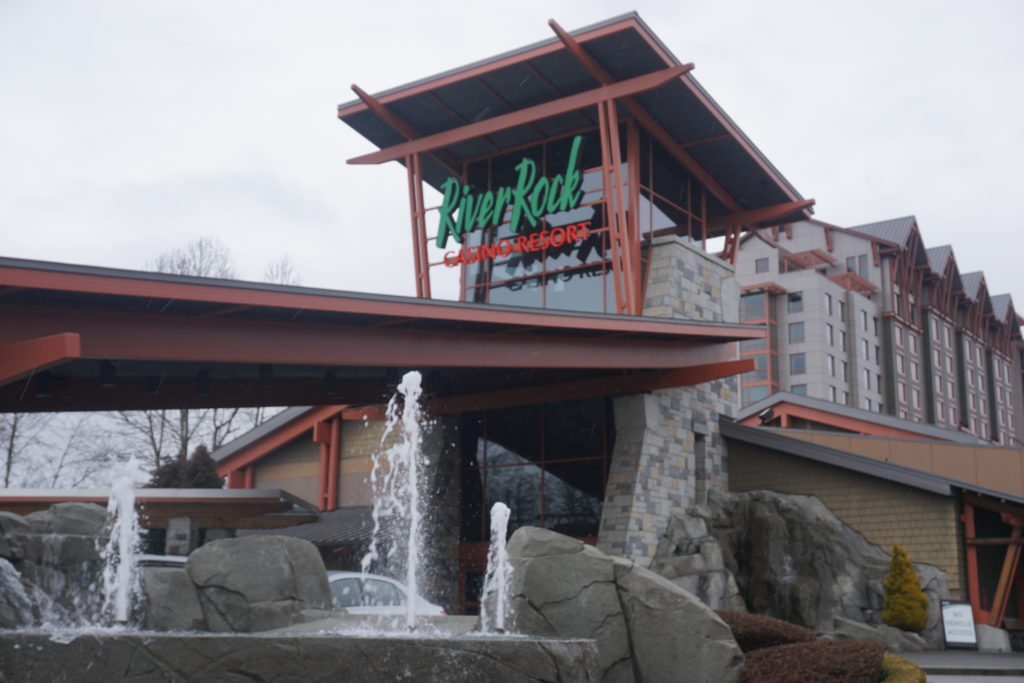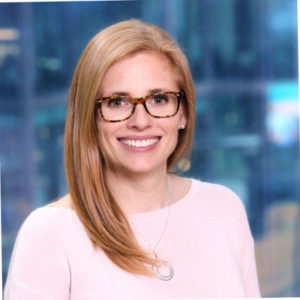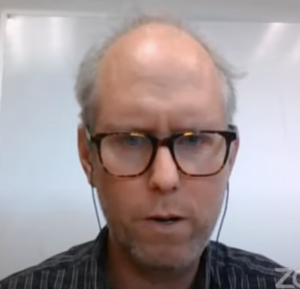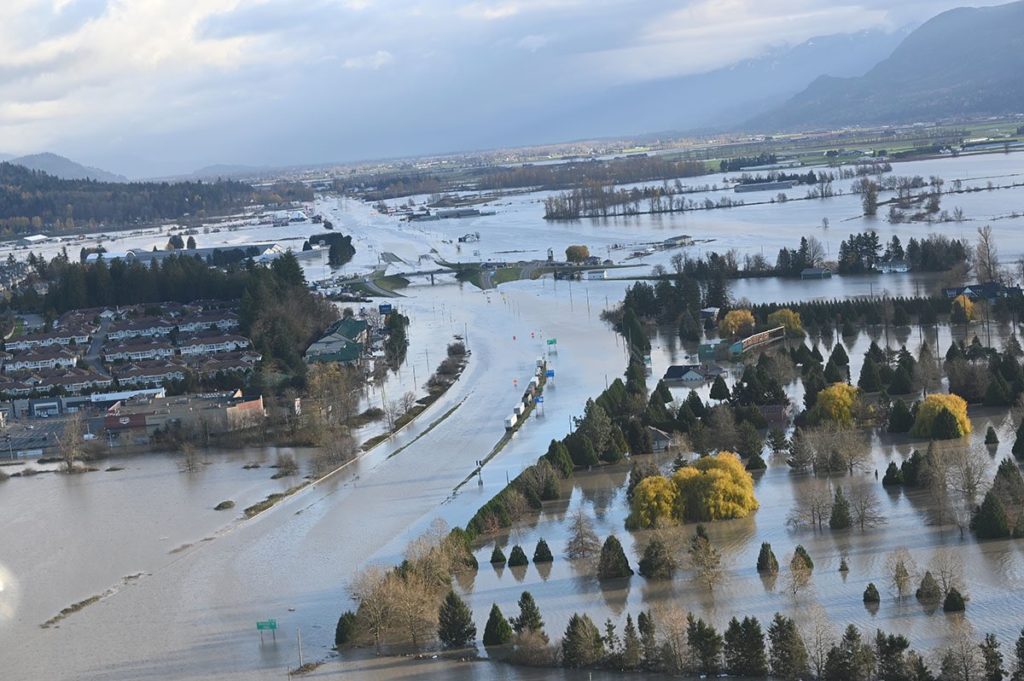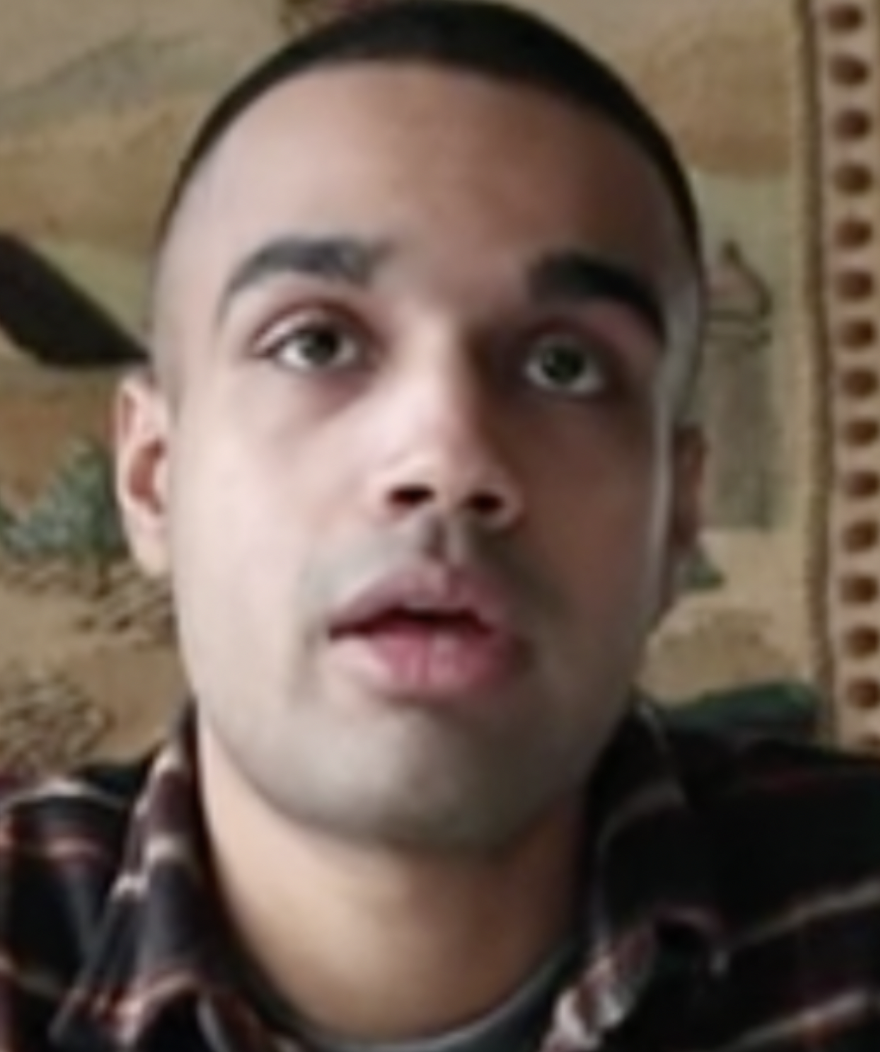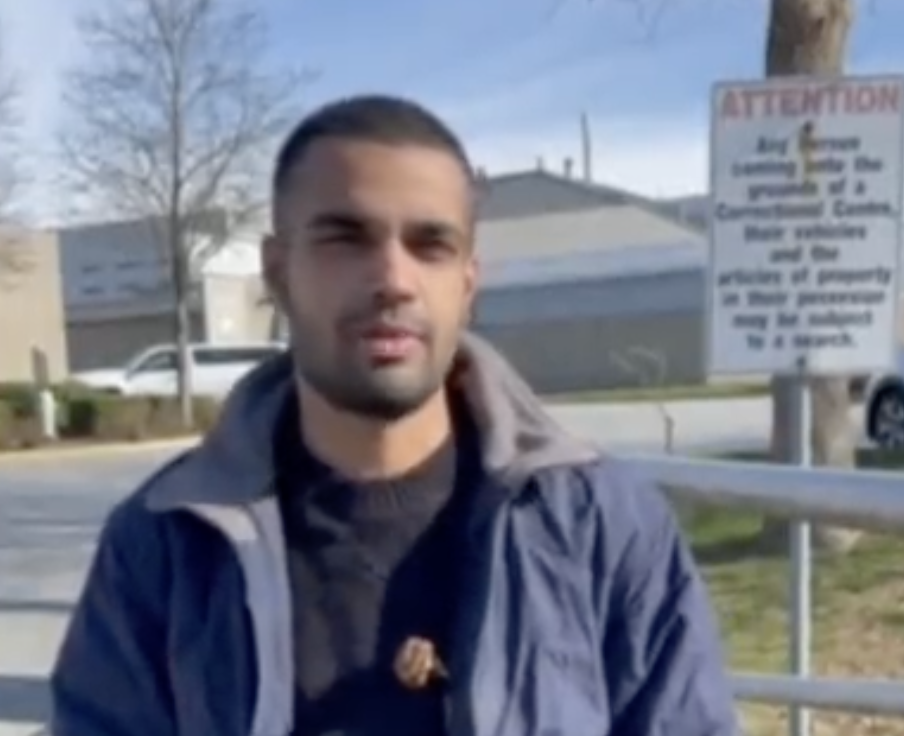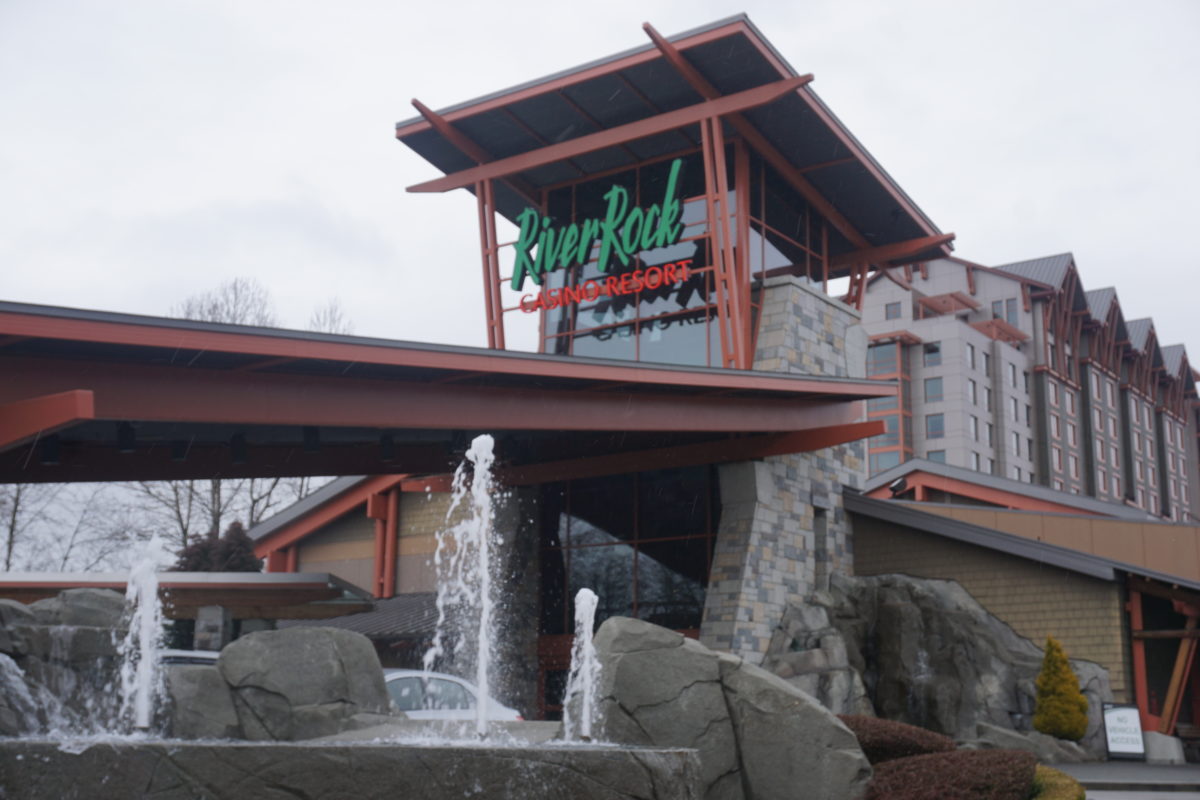Judge instructs jury deciding whether 2006 loan shark murderer deserves early parole
Bob Mackin
In his charge to the jury on Nov. 21, a B.C. Supreme Court judge told jurors they have a range of options, from recommending immediate early parole for the 2006 killer of a River Rock casino loan shark all the way to deciding that he stay behind bars until his sentence is up in 2031.
Whatever the verdict, Justice George Macintosh said the Parole Board of Canada will ultimately decide when Chu Ming Feng, 45, walks free.
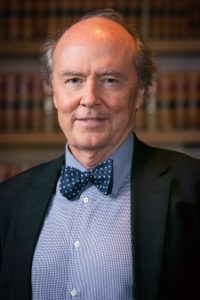
Justice George Macintosh
Feng and accomplice Guo Wei Liang strangled 41-year-old Rong Lilly Li and buried her body the next day at Jericho Beach in Vancouver in 2006. A B.C. Supreme Court jury convicted Feng of first degree murder in 2009 and his appeal failed in 2012. He became eligible in 2021 to ask for a sentence reduction under the so-called “faint hope clause.”
“The question is whether changes by Mr. Feng since 2009 make the current sentence too harsh,” Macintosh told the jury.
In determining whether Feng deserves clemency, Macintosh told the jury to consider three things: Feng’s character when he testified last week, his conduct since sentencing in 2009 and the position of the victim, as expressed by the daughter in an emotional letter to the court.
The letter from Li’s daughter, Ahi Yan Chen, was recited in court on Nov. 17. It urged the jury to reject Feng’s bid for early parole, because of the devastating loss of her mother when she was a teenager.
“He pulled the belt with all his strength while Ms. Li begged for her life,” Macintosh said. “The sentence was appropriate, the Criminal Code required it, the question is whether circumstances now call for leniency. Your task as jurors is to determine what you think is the correct balance, between leniency and deterrence.”
Macintosh said Feng is now remorseful, admitting 100% responsibility for the crime, and that his earlier claim of taking poisoned water shortly before killing Li “was just a lie.”
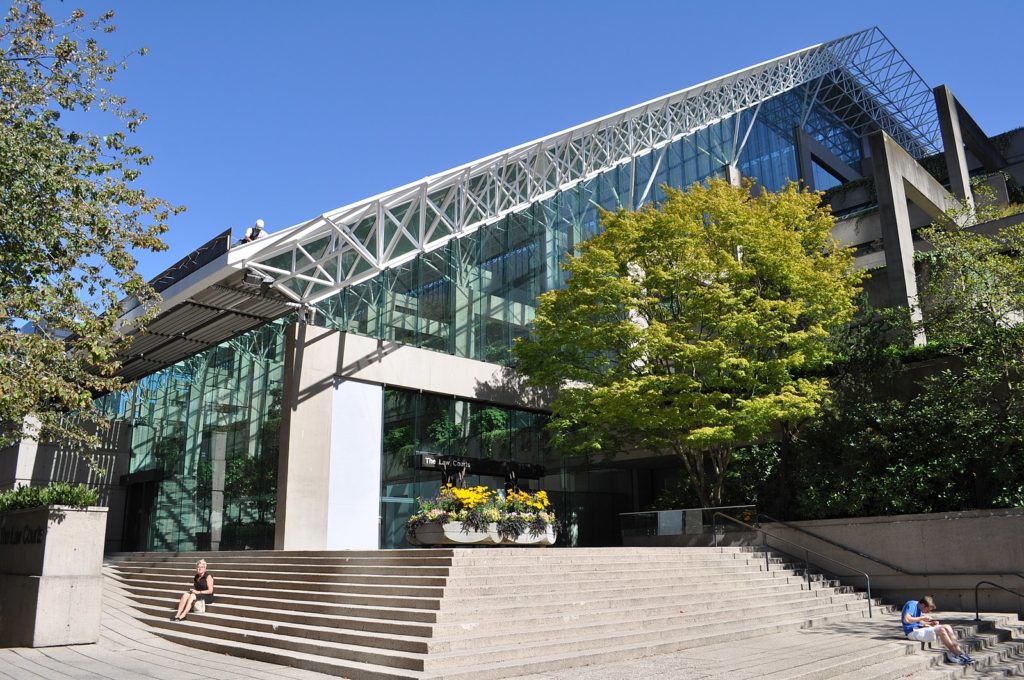
Law Courts Vancouver (Joe Mabel)
Macintosh said that evidence shows Feng has been a “model prisoner,” due to respect for authority, good behaviour, gaining the trust of prison guards and being a conscientious cleaning worker at Mission Institution.
“The law requires that you look at the nature and circumstances of the events. This is first degree murder, planned and deliberate. He killed a woman, he did so for money. The law requires you to consider the views of the victim. The victim impact statement by Ms. Chen, it speaks for itself,” Macintosh said. “The law also requires you to look at the character of the offender, we should assess the change in the character of the offender from 2006 to today.”
Macintosh reminded the jury that Feng’s lawyer, Eric Purtzki, said his client is a changed man.
“At the time of the trial, at the time of the killing, he was a deeply flawed human being,” Macintosh said. “He lied to his spouse, that caused his marriage to fail. He incurred a gambling debt, he decided to participate in murder to get money. Rehabilitation takes time. It is a struggle, and it has been for him.”
Macintosh also reminded the jury of Crown prosecutor Jeremy Hermanson’s cross-examination of Feng about his motive, participation and remorse.
“That evidence was not always consistent,” Macintosh said.
A psychological profile found Feng is not a psychopath, but continues to engage in minimizing his past. Court heard that Feng claimed that he did not do the planning for the robbery and killing of Li, but that he spent three weeks thinking over the crime.
Support theBreaker.news for as low as $2 a month on Patreon. Find out how. Click here.
Bob Mackin In his charge to the jury






